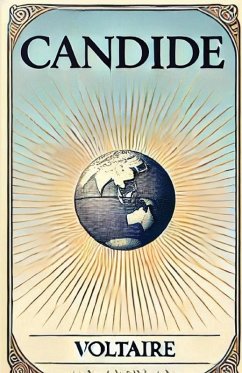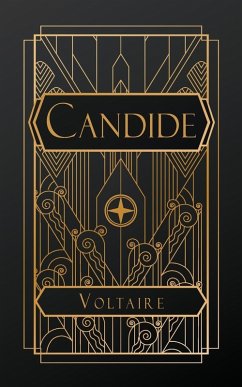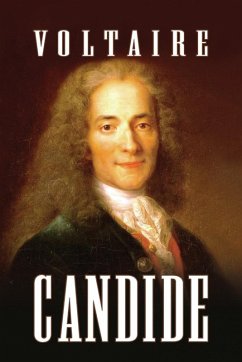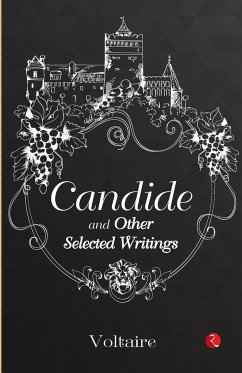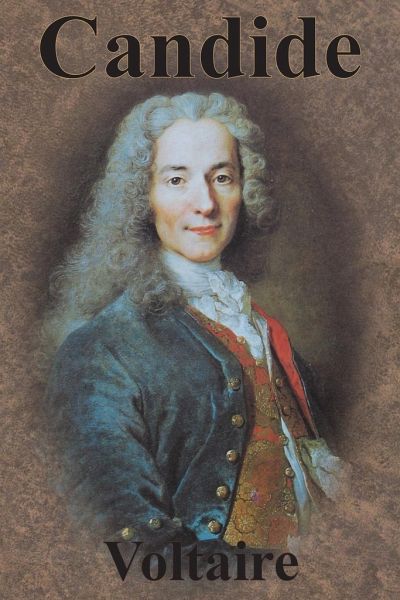
Candide
Versandkostenfrei!
Versandfertig in 1-2 Wochen
8,99 €
inkl. MwSt.

PAYBACK Punkte
4 °P sammeln!
Unabridged English value reproduction of Candide by Voltaire, is a book that belongs on the shelf of those desiring to contemplate life. Voltaire subtly challenges the reader's complacent view of the world through extreme, and often gruesome, exaggeration. Written in 1759, it tells the story of Candide, who gets kicked out of the castle, forced to serve on a boat, shipwrecked, robbed, tortured, and on and on, without losing his desire to continue forward in life. This Value Classic Reprint provides a slim volume with full text at an affordable price.







